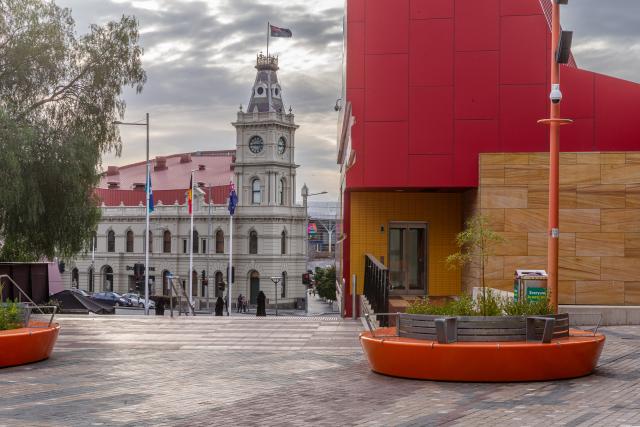Large construction projects are turning to more locally made products and services due to the impact of Covid-19, the state’s Local Jobs First Commissioner says.
The pandemic’s disruption to offshore supply chains was the main cause, Don Matthews said in a speech to the South East Melbourne Manufacturers Alliance AGM on 14 October.
The question was now whether the local-first trend will continue, he said.
Often the reason for looking offshore was to do with “perception” and nothing to do with “performance specification”, he said.
Mr Matthews said much more work had to be done with changing the views of architects and consulting engineers, who were at the “forefront” of a project’s design before tender.
“The thing that surprises me is how little that architects know about local capability despite the fact that they say they always look at specific local content.”
Many products were being sourced from European states like Poland, Slovakia and Germany that could easily be supplied at the same specification locally.
Mr Matthews is Victoria’s first Local Jobs First Commissioner, appointed by the State Government in 2018.
Part of his role is to check whether the government’s large projects are complying with the contracted amount of local jobs and local products.
He also advocates to 300 state government agencies, as well as architects, unions and Tier 1, 2 and 3 contractors.
His role is mainly collaborative, seeking to resolve issues before issuing non-compliance orders.
The office has undertaken two audits of non-compliant businesses due to their tendering process. The issues were resolved without further action.
At worst, Mr Matthews can recommend the naming and shaming of non-compliant businesses in Parliament.
Mr Matthews said he hadn’t had anything to do with the Belt and Road agreement between the State Government and China.
There was however an “opportunity” to increase local content on train, bus and tram stocks from the current 60-65 per cent.







